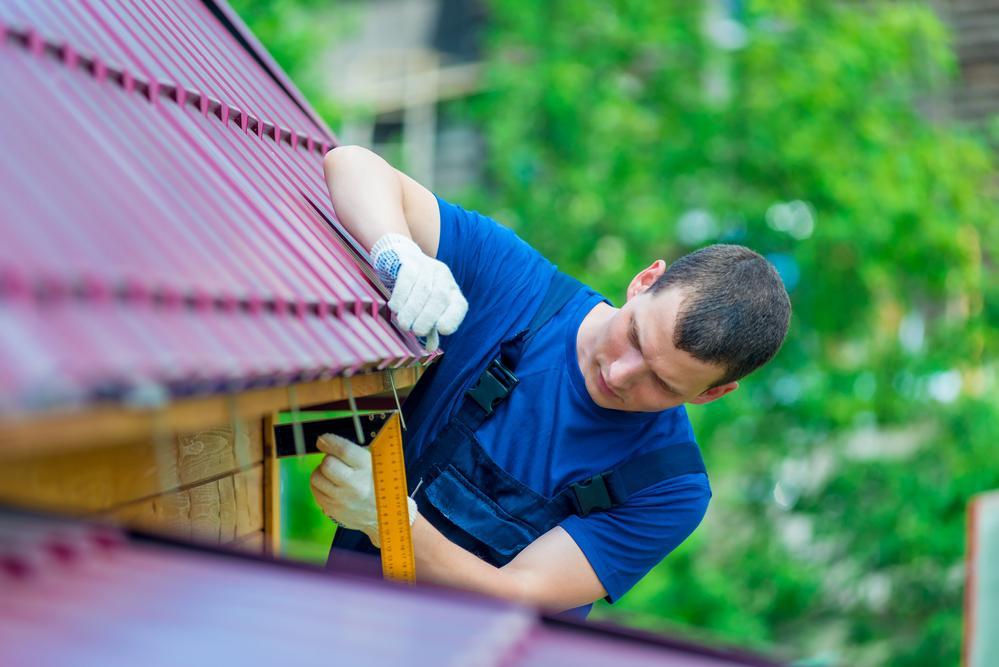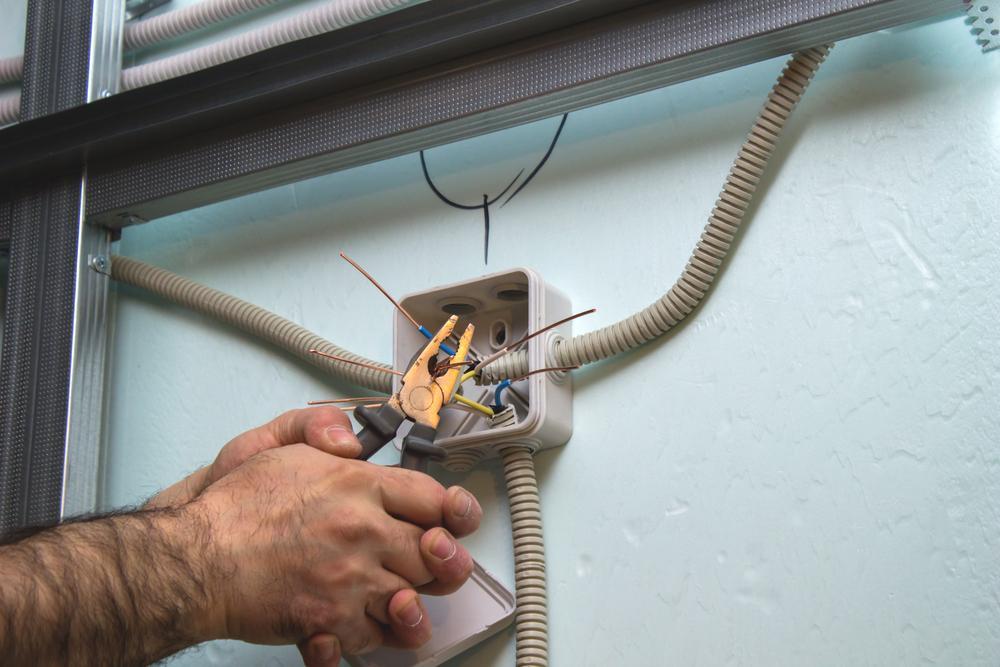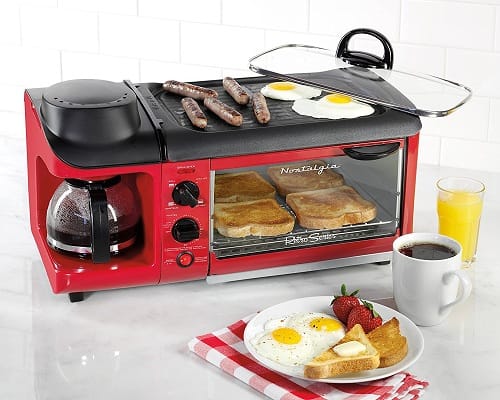House maintenance is a crucial responsibility of homeownership that is sometimes disregarded or undervalued. Proper maintenance can extend the life of your home and its components and help avoid expensive repairs. You may also guarantee your family’s safety and comfort by keeping up with maintenance chores.

Inadequate maintenance might result in more serious issues like water damage, electrical risks, and other safety issues. Also, it might lower the value of your house and lessen its appeal to prospective purchasers. In order to safeguard your investment and guarantee that your home remains a secure and comfortable place to live, it is crucial to prioritize home maintenance.
(We would also recommend this: Quartz Countertop 101: Maintenance and How to Prevent Heat Damage)
Household Areas That Need Regular Maintenance
We have compiled some crucial areas in your home that need extra attention for maintenance.
Plumbing
This refers to all of the home’s water and sewage-carrying pipelines, taps, and fixtures. To avoid leaks, blockages, and other problems that could lead to water damage and mold growth, routine maintenance is crucial.
Landscaping
To maintain its best appearance and to stop overgrowth and other problems, landscaping needs constant upkeep. This entails cutting the grass, trimming the bushes and trees, and getting rid of weeds and other undesirable plants.
HVAC
To guarantee that heating, ventilation, and air conditioning systems are running effectively and efficiently, they need to receive regular maintenance. This includes checking for leaks, cleaning and replacing air filters, and making sure all parts are in good working order.
Roofing
To avoid leaks and other problems, the roof, one of a house’s most crucial parts, needs to be maintained regularly. This includes inspecting for damage, cleaning the gutters, and replacing cracked or broken roofing materials.
Exterior
Because a home’s outside is exposed to the elements, it needs regular upkeep to avoid deterioration and damage. This involves patching up cracks, repainting surfaces, and restoring siding or trim that has been damaged.
(We would also recommend this: The Difference Between a Painter and a Decorator)
Electrical
To keep them secure and functional, electrical systems need regular maintenance. Checking for frayed wires, loose connections, and other potential dangers is part of this process.
Appliances
Household appliances require regular maintenance to ensure they are working properly and efficiently. This includes cleaning filters, checking for leaks, and replacing worn or damaged parts.
Flooring
Flooring requires regular maintenance to prevent damage and deterioration. This includes cleaning carpets and rugs, polishing hardwood floors, and repairing tiles or other hard surfaces as needed.
Windows
Windows require regular maintenance to ensure they are functioning properly, including cleaning the glass and frames, checking for cracks or damage, and replacing weatherstripping as needed.
Chimney and Fireplace
If you have a chimney and/or fireplace, it requires regular maintenance to ensure it is clean and safe to use. This includes removing any buildup of creosote, inspecting the flue for damage or blockages, and checking the damper for proper function.
(We would also recommend this: How to Check if Glass is Oven-Safe with These 12 Steps)

Attic and Insulation
Insulation in the attic helps to regulate the temperature and reduce energy costs, but it can deteriorate over time. Regular maintenance includes checking for proper ventilation, ensuring that insulation is not wet or damaged, and sealing any gaps or holes to prevent heat loss.
Basement and Foundation
Regular maintenance of your basement and foundation can prevent water damage, mold growth, and structural issues. This includes checking for cracks in the foundation walls or floor, ensuring proper drainage, and keeping the basement clean and dry.
Gutters and Downspouts
Gutters and downspouts collect and redirect rainwater away from your home, which is critical to preventing water damage. Regular maintenance includes cleaning gutters of debris and checking that downspouts are directing water away from the foundation.
Garage
Garages require regular maintenance to keep them safe and functional. This includes checking for proper ventilation, cleaning and inspecting garage doors and openers, and ensuring the concrete floor is free of cracks or damage.
Pests and Termites
Regular maintenance can help prevent infestations of pests such as rodents, termites, and other insects. This includes sealing cracks and gaps around the house, removing sources of food and water, and scheduling regular pest control treatments.
(We would also recommend this: How to Apply Wood Stain with Sprayer, Airless, and HVLP Sprayer)
Regular Maintenance Tips
Here are some tips for maintaining your home:
- Establish an upkeep schedule: Create a list of all the necessary maintenance chores and plan them for the entire year. You can stay organized and keep tasks from piling up by doing this.
- Routine inspections: Perform routine inspections of your home to spot any potential faults before they grow into more serious ones. This entails looking for leaks, cracks, and other damage indicators.
- Regular cleaning and decluttering: This can stop dust and other debris from accumulating and causing damage to your property. It may also make it simpler to spot problems that require treatment.
- When necessary, hire professionals: Certain maintenance activities, like electrical work, HVAC maintenance, and roofing repairs, call for their assistance. To ensure that the project is completed correctly, don’t be afraid to contact specialists when necessary.
- Maintain organization by keeping tabs on warranties, maintenance logs, and other crucial home-related data. Making educated judgments about repairs and replacements will be made simpler as a result of this.
- Use top-notch materials: When doing repairs or replacements, utilize top-notch, long-lasting materials. In the long run, this can save you money by lowering the frequency of repairs.
- Keep abreast of safety regulations: Keep up with any changes to the electrical, plumbing, and fire safety codes that may affect your home. This can assist in avoiding safety risks and keeping your house in compliance.
- Gutter inspection and cleaning are essential since clogged gutters can result in water damage to your roof and house. Either you or a professional can complete this for you.
- Look for holes or cracks in your windows and doors that could allow drafts or moisture to enter, then fix them. If your weather stripping is harmed or worn out, fix it or replace it.
- Maintain your HVAC system: To make sure that your heating and cooling system is operating effectively, schedule annual maintenance with a professional and change your air filters on a regular basis.
- Your smoke and carbon monoxide detectors should be tested frequently to be sure they are in good working order. If required, change the batteries.
- Clean your appliances: To avoid malfunctions and increase their lifespan, regularly clean and maintain your appliances, including your refrigerator, stove, dishwasher, and washing machine.
- Your home should be both sealed and insulated. While gaps and cracks should be sealed, insulation will assist keep your home cool in the summer and warm in the winter.
(We would also recommend this: 16 Home Improvement Ideas: How to Upgrade House’s Appearance)
Routine home maintenance is necessary to make your house secure, cozy, and functional. You may avoid expensive repairs and make sure that your home retains its value by giving home maintenance chores like plumbing, electricity, HVAC, roofing, and exterior care priority.
Regularly maintaining your property can also assist you in spotting potential safety risks and deciding on repairs and replacements. You can make sure that your house continues to be a secure and cozy environment for you and your family by adhering to advice like making a maintenance program, hiring professionals when necessary, maintaining organization, and using high-quality materials.





